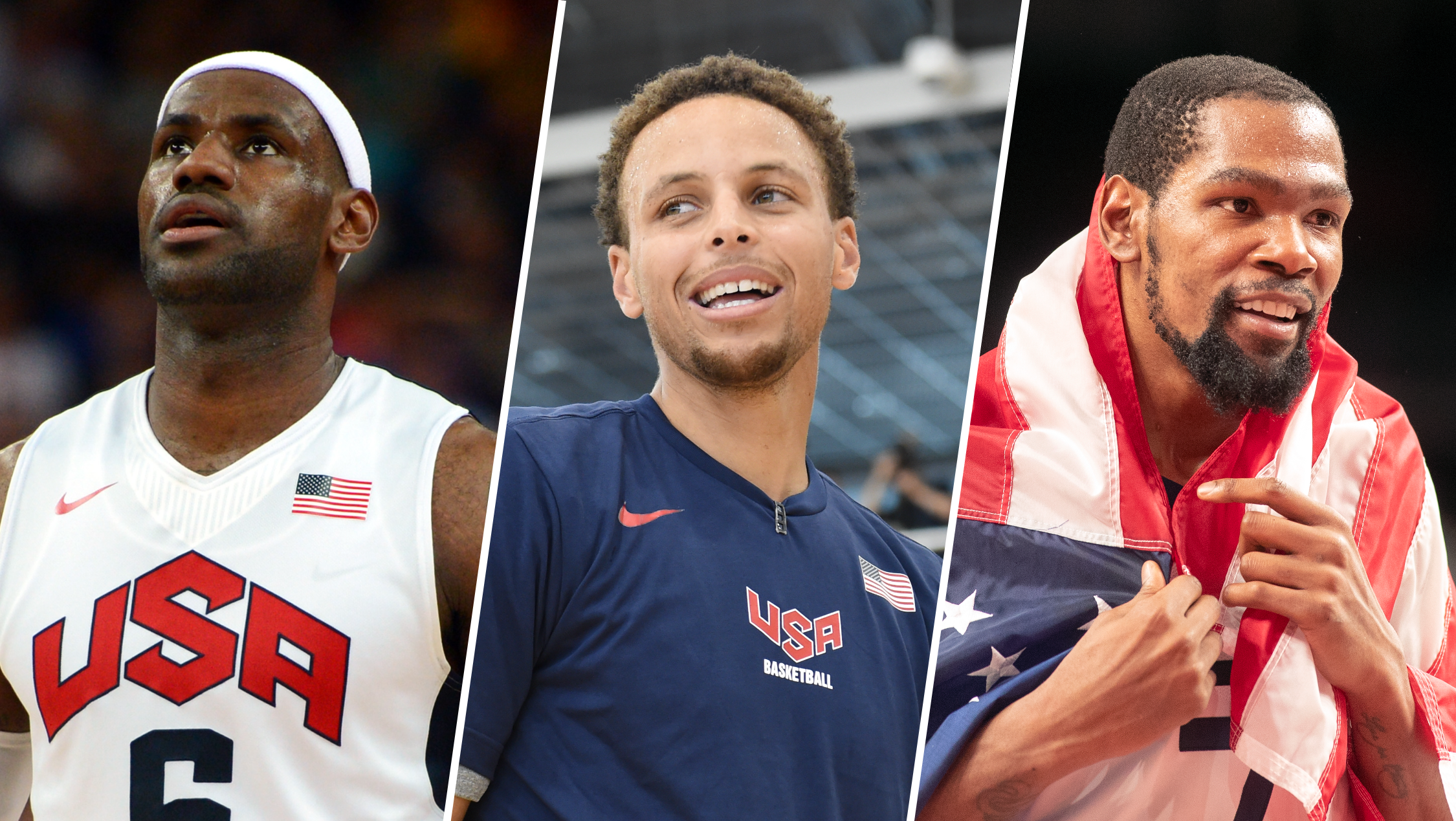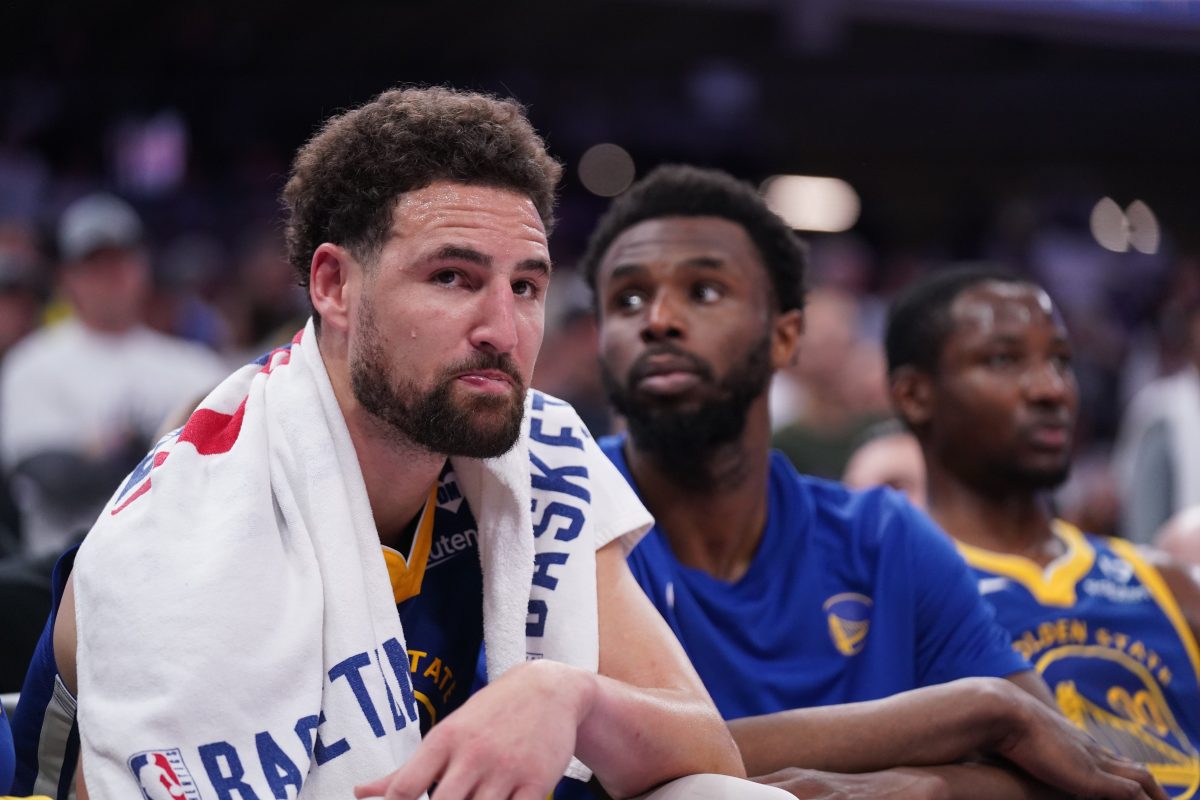Classic court cases involving students and free speech usually involve teens trying to push the limits of provocative, political or even profane language.
But a looming clash of cultures at a suburban Philadelphia football powerhouse presents a new twist on the usual First Amendment fight.
Editors of a student newspaper are getting heat from school officials after banning the word "Redskins'' - their mascot at Neshaminy, a high school named for the creek where the Lenape Indians once lived.
"Detractors will argue that the word is used with all due respect. But the offensiveness of a word cannot be judged by its intended meaning, but by how it is received,'' read an Oct. 27 editorial in the Playwickian, backed by 14 of 21 staff members. (An equally well-written op-ed voiced the dissenting group's opinion.)
The ban comes as Native American activists and a few media outlets, along with President Barack Obama, challenge the moniker of Washington's NFL team, which visits Philadelphia on Sunday.
At Neshaminy - where the welcome sign sometimes reads: "Everybody do the Redskin Rumble'' and the football team is 11-1 with a shot at its second state title - news editors had pledged to stop using the term ``Redskins'' as far back as 2001, but sometimes wavered. This year's staff decided to take it on full-force.
"You are not afraid to write about the hard and sensitive issues. You take risks on editorial pages - bravo!'' judges wrote last month in a student journalism contest, when the Playwickian earned a top award.
Sports
Nonetheless, Principal Robert McGee ordered the editors to put the ``Redskins'' ban on hold, and summoned them to a meeting after school Tuesday, according to junior Gillian McGoldrick, the editor-in-chief.
"People are (saying), 'Just give in. It doesn't really matter.' But it's a huge deal, that we're being forced to say something that we don't want to,'' said McGoldrick, a 16-year-old junior.
McGee called the editors' motives ``valiant,'' but said the dispute pits the rights of one group of students against another.
His approximately 2,600 students must each publish an article in the Playwickian for course credit. He doesn't think anyone should be barred from writing about the Neshaminy Redskins, especially, he said, when the harm alleged is open to debate.
"I don't think that's been decided at the national level, whether that word is or is not (offensive). It's our school mascot,'' said McGee, who said he's consulted with the school solicitor and others. "I see it as a First Amendment issue running into another First Amendment issue.''
School officials had also ordered the Playwickian to run a full-page, $200 ad - submitted by a Class of `72 alumnus - celebrating the ``Redskin'' name, McGoldrick said.
In response, the nonprofit Student Press Law Center and other groups bought a rival ad detailing the ``Freedom of Expression'' students enjoy under state and federal law. That ad is set to appear in the edition due out Wednesday, although the alumnus pulled the pro-Redskins ad late last week, McGoldrick said.
Both the student law center and the American Civil Liberties Union of Pennsylvania believe school districts are on shaky ground if they try to compel students to use a given word, especially one the students deem offensive.
"I understand that there's an inclination to want to protect a tradition at the school. But the First Amendment is a longer and a better-established tradition,'' said Frank LoMonte, executive director of the Student Press Law Center in Arlington, Va.
"It's exactly what we tell young people in the abstract we want them to do: use their voices in positive ways to bring about social change. And yet when they tried to do it in practice, the school slapped them down,'' he said. "That's a bad place for an educator to be.''



